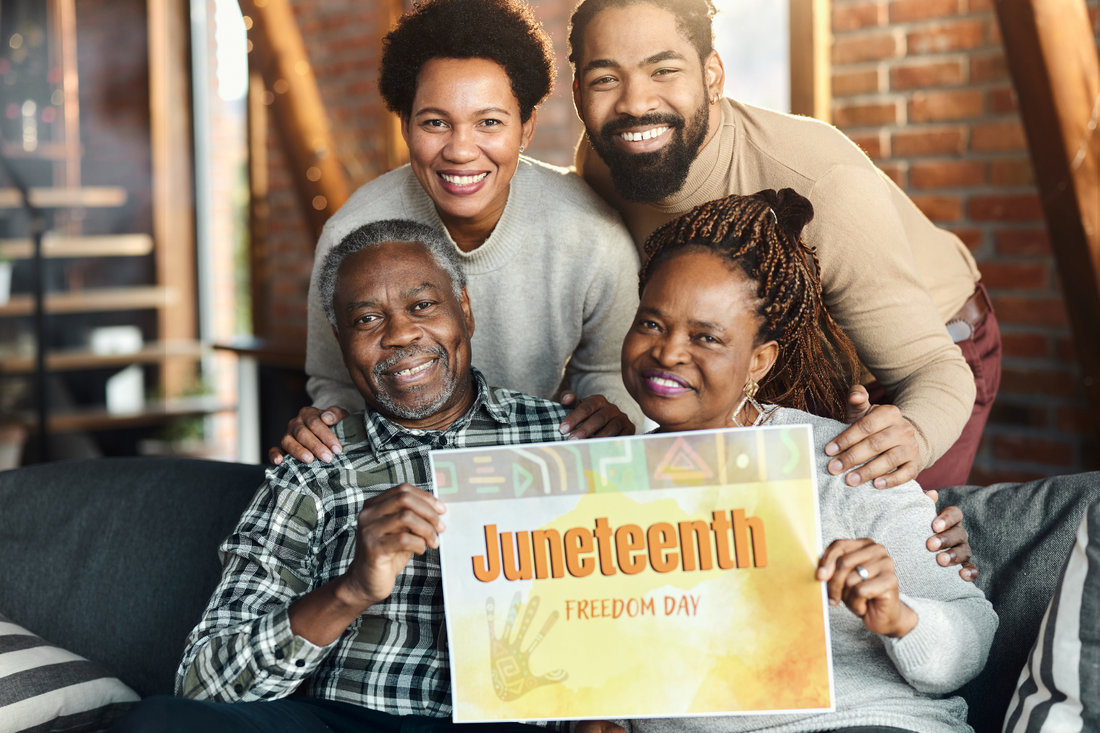10 Things You Should Know about Juneteenth: Commemorating Freedom and Emancipation
Juneteenth is a significant and historic holiday celebrated in the United States, commemorating the emancipation of enslaved African Americans. Also known as Freedom Day, Jubilee Day, or Emancipation Day, Juneteenth holds great cultural and historical significance. In this article, we'll explore 10 important things you should know about Juneteenth to better understand its origins, meaning, and the ongoing relevance of this commemoration.
1. Origin and Historical Significance
Juneteenth marks the day when news of emancipation reached enslaved African Americans in Galveston, Texas, on June 19, 1865. It was more than two years after the Emancipation Proclamation had been signed. Juneteenth signifies the end of slavery and the celebration of freedom.2. Emancipation Proclamation
The Emancipation Proclamation, issued by President Abraham Lincoln on January 1, 1863, declared enslaved individuals in Confederate territory to be free. However, it took time for the news to reach all parts of the country, resulting in the delayed emancipation celebrated on Juneteenth.3. Juneteenth Celebrations

4. The Role of General Gordon Granger
On June 19, 1865, Union General Gordon Granger arrived in Galveston, Texas, and issued General Order No. 3, officially announcing the emancipation of enslaved individuals. This proclamation set the stage for the first Juneteenth celebrations.5. Symbolism of Juneteenth
Juneteenth represents a powerful symbol of resilience, freedom, and the ongoing struggle for equality. It serves as a reminder of the progress made since the abolition of slavery and the challenges that still exist in achieving racial justice.6. Juneteenth in Modern Times

7. African American Heritage and Culture
Juneteenth celebrations provide an opportunity to honor African American heritage, culture, contributions, and resilience. Through art, music, food, and storytelling, Juneteenth serves as a platform to promote and preserve African American traditions.8. Education and Awareness
Juneteenth offers a chance for education and awareness about the history of slavery, the struggle for freedom, and the ongoing fight against systemic racism. It encourages dialogue, learning, and reflection on the impact of slavery on society.9. Activism and Social Justice

10. Celebrating Unity and Progress
Juneteenth is a day to celebrate unity and progress in the pursuit of a more equitable society. It recognizes the resilience and strength of African Americans and promotes a collective commitment to ensuring freedom, justice, and equality for all.
Juneteenth stands as a pivotal moment in American history, commemorating the emancipation of enslaved African Americans and symbolizing the ongoing fight for freedom and equality. By understanding the significance of Juneteenth and actively engaging in its observance, we can honor the past, celebrate progress, and work towards a more just and inclusive future.
Let us embrace this day as an opportunity to celebrate unity, support black-owned businesses, and commemorate the spirit of liberation and resilience.

